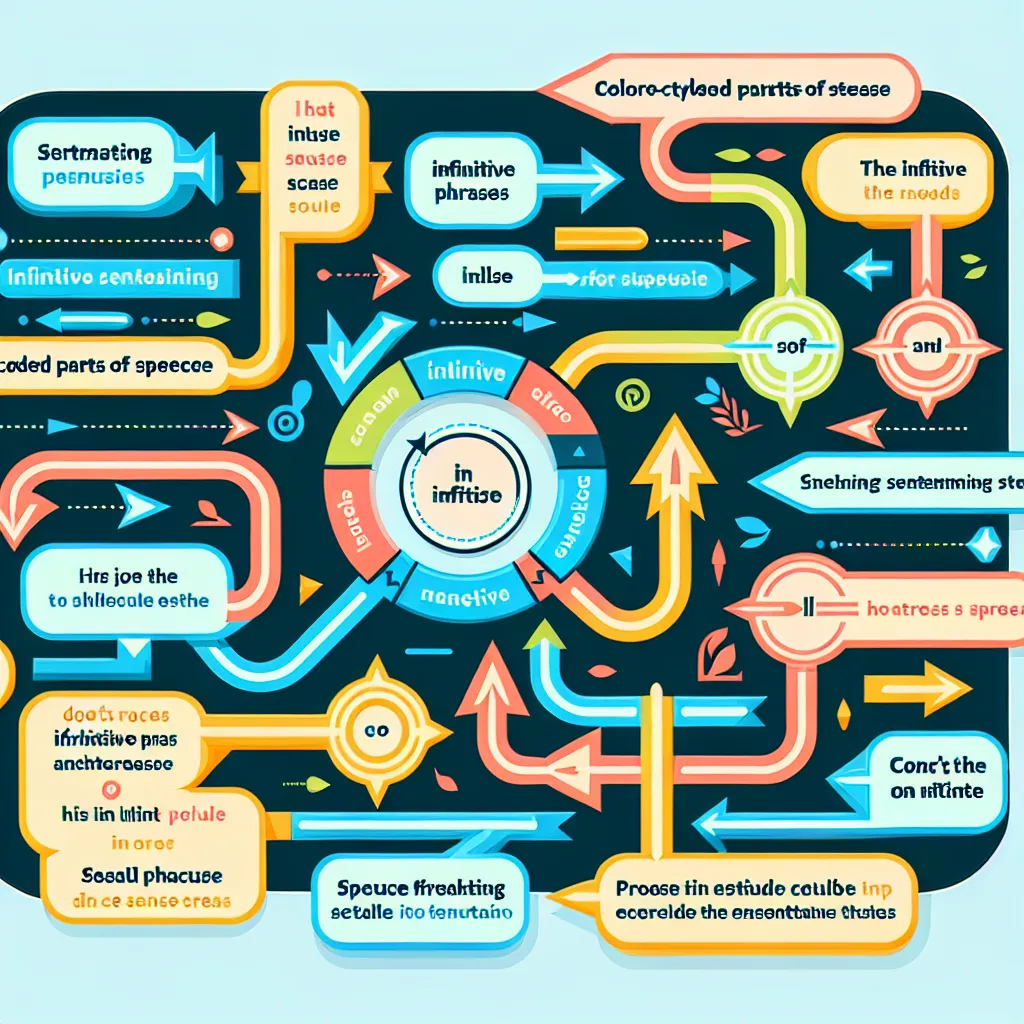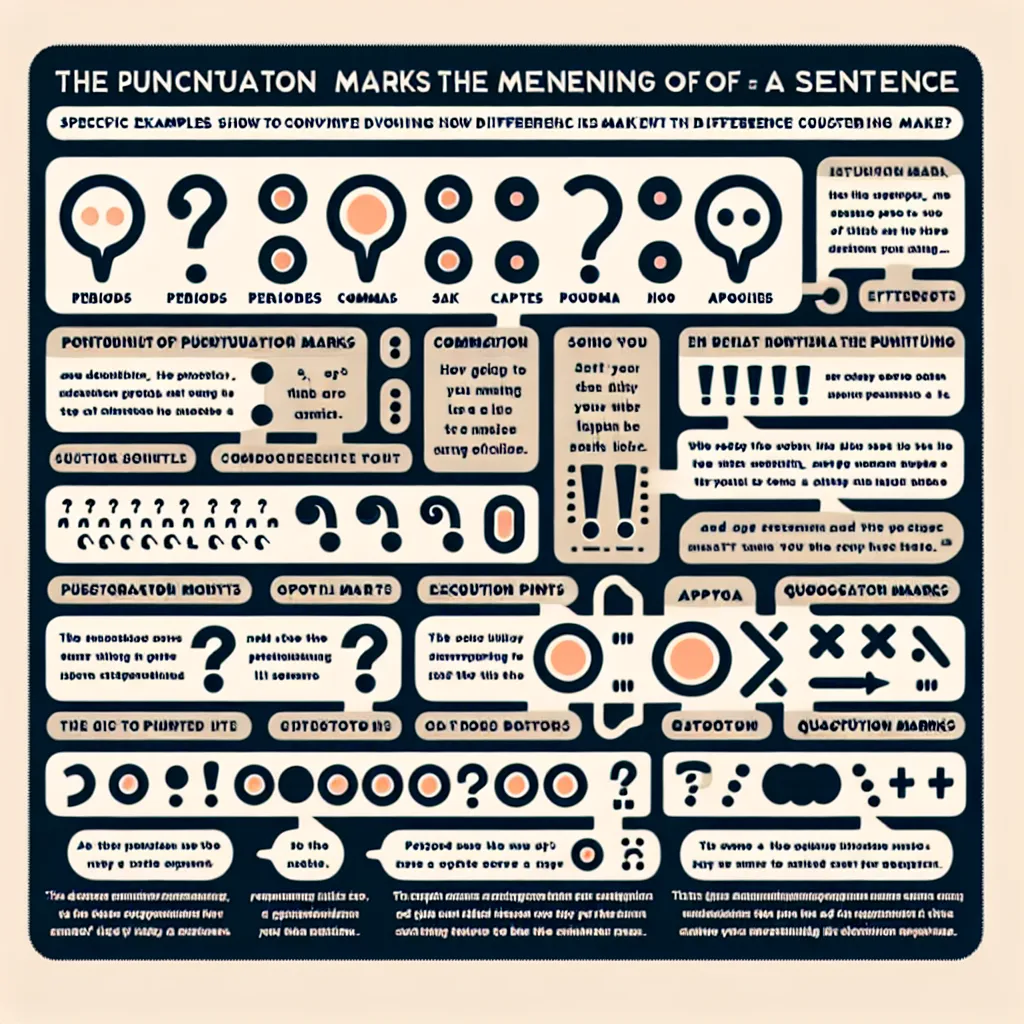Infinitive phrases are a crucial component of English grammar, allowing for concise and powerful expression. Whether you’re preparing for the IELTS exam or simply aiming to enhance your English skills, mastering infinitive phrases can significantly improve your language proficiency. This guide will provide you with essential tips and strategies to help you understand and effectively use infinitive phrases in your English communication.
Understanding Infinitive Phrases
An infinitive phrase consists of the word “to” followed by a verb in its base form, along with any modifiers or complements. These phrases can function as nouns, adjectives, or adverbs in a sentence, making them versatile and essential for advanced English usage.
 Infinitive Phrases in Action
Infinitive Phrases in Action
Common Uses of Infinitive Phrases
- As a subject: To travel the world is her dream.
- As a direct object: She wants to learn French.
- As an adjective: I need a book to read on the plane.
- As an adverb: He works hard to support his family.
Understanding these various functions is key to mastering infinitive phrases.
Strategies for Mastering Infinitive Phrases
1. Identify the Function
The first step in mastering infinitive phrases is to identify their function within a sentence. Ask yourself: Is the phrase acting as a noun, adjective, or adverb? This will help you understand how to use them correctly in your own writing and speech.
2. Practice with Common Verbs
Many verbs are frequently followed by infinitive phrases. Familiarize yourself with these verbs to enhance your usage:
- Want to
- Need to
- Plan to
- Decide to
- Hope to
Example: “I want to improve my English skills.”
3. Understand Split Infinitives
While traditionally frowned upon, split infinitives (where an adverb is placed between “to” and the verb) are becoming more accepted in modern English. However, it’s important to use them judiciously.
Example: “She decided to carefully review the document.”
4. Use Infinitive Phrases in Different Sentence Positions
Experiment with placing infinitive phrases in various parts of a sentence to add variety to your writing:
- Beginning: To succeed in business, one must be innovative.
- Middle: The company, to increase profits, implemented new strategies.
- End: We attended the seminar to learn about new technologies.
5. Distinguish Between Infinitives and Gerunds
Sometimes, both infinitives and gerunds can be used after certain verbs, but with different meanings. Practice distinguishing between them:
- I stopped to eat. (I stopped in order to eat)
- I stopped eating. (I no longer eat)
For more on gerund phrases, check out our guide on how to master the use of gerund phrases.
Advanced Tips for IELTS Candidates
If you’re preparing for the IELTS exam, mastering infinitive phrases can help you achieve a higher band score in both writing and speaking sections.
1. Use Infinitive Phrases for Expressing Purpose
In IELTS Writing Task 2, use infinitive phrases to clearly state the purpose of actions or policies:
“The government has implemented stricter regulations to reduce carbon emissions.”
2. Incorporate Infinitive Phrases in Speaking Responses
When answering IELTS Speaking questions, use infinitive phrases to add depth to your responses:
Question: “What are your future plans?”
Answer: “I plan to pursue a master’s degree to enhance my career prospects.”
3. Practice with IELTS-style Exercises
Create or find exercises that mimic IELTS questions and focus on using infinitive phrases in your answers. This will help you become more comfortable with incorporating them naturally in test conditions.
 IELTS Practice Session
IELTS Practice Session
Common Mistakes to Avoid
-
Using a gerund instead of an infinitive: “I look forward to meet you.” (Incorrect)
Correct: “I look forward to meeting you.” -
Omitting “to” in a full infinitive: “She wants improve her skills.” (Incorrect)
Correct: “She wants to improve her skills.” -
Using an infinitive where a gerund is required: “I enjoy to read books.” (Incorrect)
Correct: “I enjoy reading books.”
For more advanced grammar structures, explore our guide on how to use advanced parallel structures.
Next Steps
To further enhance your mastery of infinitive phrases:
- Read extensively, paying attention to infinitive phrases in context.
- Practice writing sentences using infinitive phrases in various functions.
- Use language exchange apps to practice speaking with native English speakers.
- Take online quizzes focused on infinitive phrases to test your knowledge.
Remember, mastering infinitive phrases takes time and practice. Be patient with yourself and celebrate your progress along the way.
Conclusion
Mastering infinitive phrases is a valuable skill that can significantly improve your English proficiency, especially for IELTS candidates. By understanding their functions, practicing regularly, and avoiding common mistakes, you’ll be well on your way to using infinitive phrases confidently and effectively. Keep practicing, and don’t hesitate to refer back to this guide as you continue your English language journey.
For more advanced grammar topics, check out our article on how to use advanced adverbial phrases in formal writing.




